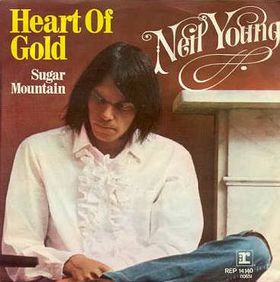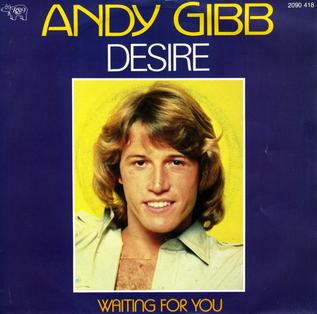Distilling Neil Young’s half-century-plus career into a mere 30 songs is, to put it lightly, a tall order. For an artist who’s explored nearly every facet of American and Canadian folk, rock, country, and grunge—not to mention electronic and experimental music—each track here offers just a glimpse of his expansive vision. Yet, even within this condensed selection, Young’s restless creativity and refusal to be pigeonholed shine through, capturing a legacy that continues to grow with each decade.
Take “Heart of Gold” and “Old Man,” two of his most well-known songs from the early 1970s. Both tracks reflect Young’s introspective side, a man grappling with aging, relationships, and the very nature of wisdom. These are songs that echo across generations, carrying lyrics that balance tenderness with the weight of lived experience. “Harvest Moon,” recorded over two decades later, feels like a companion piece to these earlier reflections—a seasoned, bittersweet look at enduring love that feels both familiar and fresh.
Young’s power isn’t limited to gentle musings, though; he’s just as revered for his biting social commentary and unflinching political anthems. “Ohio,” recorded with Crosby, Stills, Nash & Young, is a visceral response to the Kent State shootings and remains one of rock’s most searing protest songs. “Rockin’ in the Free World,” with its stark verses and raw energy, reminds listeners of Young’s willingness to confront societal issues head-on, even when they’re uncomfortable. These songs reflect Young’s complex relationship with his North American roots, a deep love for the land tempered by a sharp awareness of its faults.
Then, there’s Young’s bold experimentation—what he once referred to as a desire to avoid becoming a “human jukebox.” Tracks like “Like a Hurricane” showcase his noisy, distorted electric side, tapping into the rawness that inspired later generations of grunge and alternative rock musicians. He’s unafraid to explore darker themes, as seen in “The Needle and the Damage Done,” a haunting portrayal of addiction’s impact. Meanwhile, songs from his Buffalo Springfield days, such as “Mr. Soul” and “Broken Arrow,” highlight his knack for introspective storytelling, even at the beginning of his career.
Whether he’s singing about broken dreams, love, social justice, or life on the open road, Neil Young brings an authenticity that’s hard to match. The tracks on this playlist, though just a small slice of his work, reflect the remarkable range of one of rock’s most fearless and unpredictable artists. For Young, evolution isn’t a phase—it’s his way of life, one that keeps his fans and listeners perpetually guessing and undeniably engaged.
Follow Tunes Du Jour on Facebook
Follow Tunes Du Jour on Twitter
Follow me on Instagram



